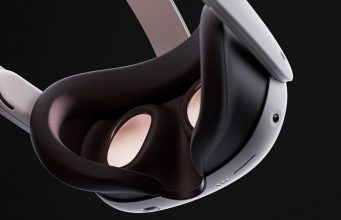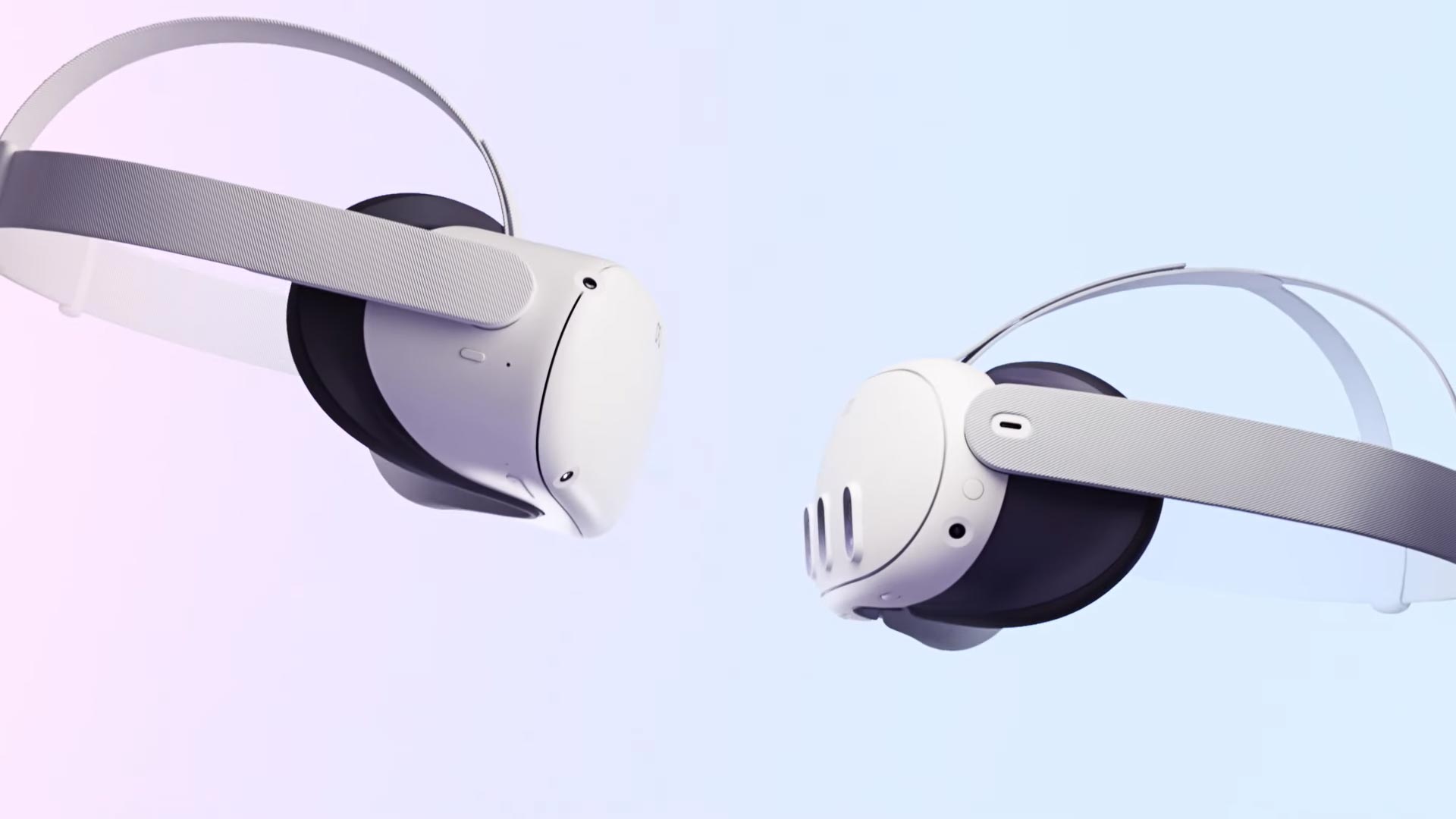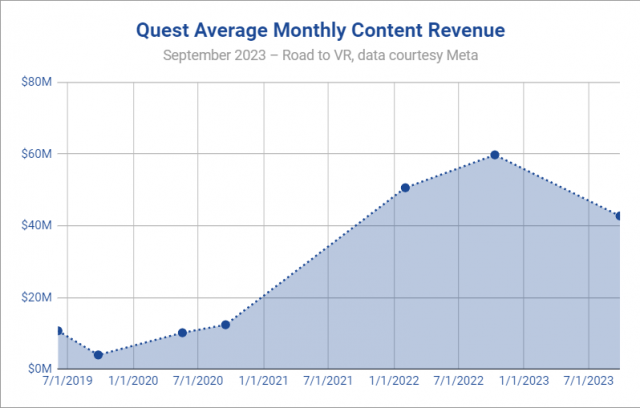Meta Wants Android Play Store Apps Officially on Quest but Google “didn’t want to”
There are relatively few 2D Android apps available on the Quest Store, which seems odd since the Quest hardware runs a modified version of Android. According to Meta CTO Andrew ‘Boz’ Bosworth, Google simply isn’t interested in bringing the full Play Store of apps to Quest.
“There’s nothing preventing Android developers who have an APK running on Android phones today from bringing that into VR,” Bosworth said in a recent AMA via Instragram. “They just need to ship the APK to us, and maybe they need to do some light modification depending on how the control scheme would work, but not necessarily much after that.”
So much is clear when it comes to publishing the app directly to the Quest Store, which is the case for apps such as Peacock, Pluto TV, WhatsApp, and Instagram. But what about the millions of apps on Google’s official Play Store?
“We don’t have a way of automatically ingesting those [APKs],” Bosworth continues. “We would love for Google to bring their Play Store of apps to VR. We’ve asked them. They don’t want to do it, so it’s kind of up to the developers to do that.”
While Google’s Play Store is chock-full of useful, oftentimes free apps, what Bosworth doesn’t mention in his AMA are some of the complications that would naturally arise from having the Play Store on Quest. Not only could it open up a host of hypothetical issues with how revenue is split, but also how developers might choose to publish their apps.
For non-subscription-based apps, Google takes a 30% revenue cut from developers, while Meta does the same for both the Quest Store and App Lab. But why would Meta want Google sneaking away revenue, or vice versa? It seems doubtful that two such prominent digital storefronts could coexist on a single device.
There’s also the matter of the Samsung-Google-Qualcomm partnership we heard about earlier this year, which is set to bring an Android-powered XR headset to market, suggesting that Google hasn’t given up on headsets despite having completely shelved both its Daydream VR platform and AR glasses Project Iris.
Whatever the case, Quest headsets are fundamentally Android devices, so enterprising users can thankfully sideload APKs fairly easily via the ever-useful SideQuest software. Granted, the onus is on the user to source the APK in the first place, but with no other way to listen to Spotify while browsing the web without needing to tether to a computer, or using a Netflix app that’s actually updated, it’s thankfully feasible.
If you’re interested in giving it a go, check out our guide on How and Why to Sideload Games on Quest, which takes you step-by-step on the process of getting both 2D and VR-native apps on your Quest headset, but also (if it isn’t apparent by now) why you’d want to do it in the first place.
Meta Wants Android Play Store Apps Officially on Quest but Google “didn’t want to” Read More »



